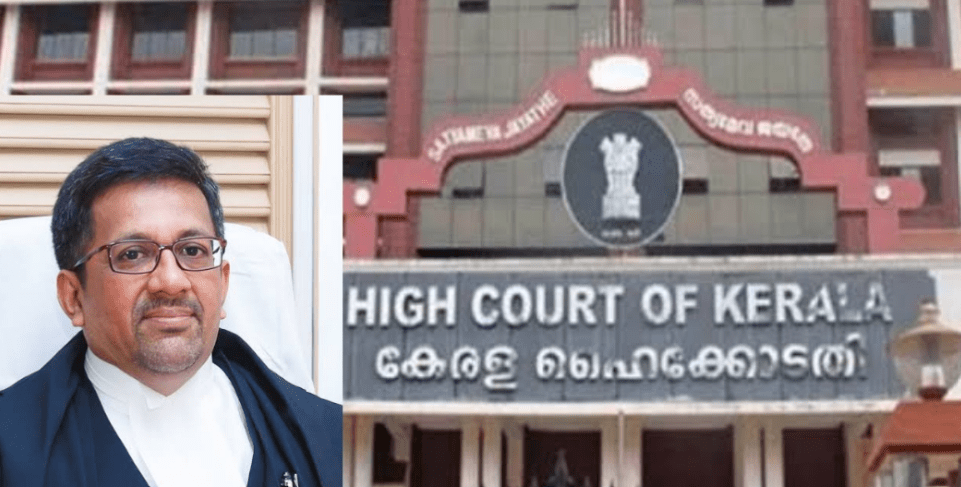The Punjab and Haryana High Court has ruled that live-in couples are entitled to legal protection if they face threats, even when one partner is already married to another person. The Division Bench, comprising Justice Sureshwar Thakur and Justice Sudeepti Sharma, stated that while live-in relationships may raise social and moral concerns, the right to autonomy grants such couples the ability to seek protection when their safety is threatened.
In the case of Yash Pal and Another vs. State of Haryana and Others, the court addressed a situation where one partner in a live-in relationship was already married. The court emphasized that if the couple faces tangible threats from family members or others, they are entitled to legal protection, regardless of their marital status.
The court also noted that if a live-in partner has a minor child, the parent must take responsibility for the child’s welfare. While legal provisions exist for child maintenance, the court emphasized the importance of a parent’s love and care in the child’s upbringing.
The High Court made this ruling in response to a reference made by a single-judge bench, which had raised concerns due to conflicting judgments on the issue of protection for live-in couples. The primary question was whether live-in couples seeking protection should receive it without consideration of their marital status. The court ultimately decided that marital status should not prevent live-in couples from receiving protection.
The court also considered several Supreme Court rulings, including the landmark Joseph Shine vs. Union of India case, which decriminalized adultery in India. Citing the right to life and personal choice under Article 21 of the Constitution, the court concluded that live-in couples, even when one partner is married, are entitled to protection.
However, the court also acknowledged the challenges faced by law enforcement and suggested alternative mechanisms for couples seeking protection. It recommended that couples first approach the District Legal Services Authority or the State Human Rights Commission for assistance, rather than immediately turning to the police.
Additionally, the court addressed whether minors in live-in relationships are entitled to legal protection. It ruled that minors cannot legally make such decisions due to their lack of legal capacity to enter into contracts. The court stressed its duty as parens patriae to protect children and denied protection to live-in relationships involving minors.
Be a part our social media community:
Facebook: https://www.facebook.com/IndianMan.in?mibextid=ZbWKwL
Instagram:
https://www.instagram.com/indianman.in?igsh=MWZ2N3N0ZmpwM3l3cw==




